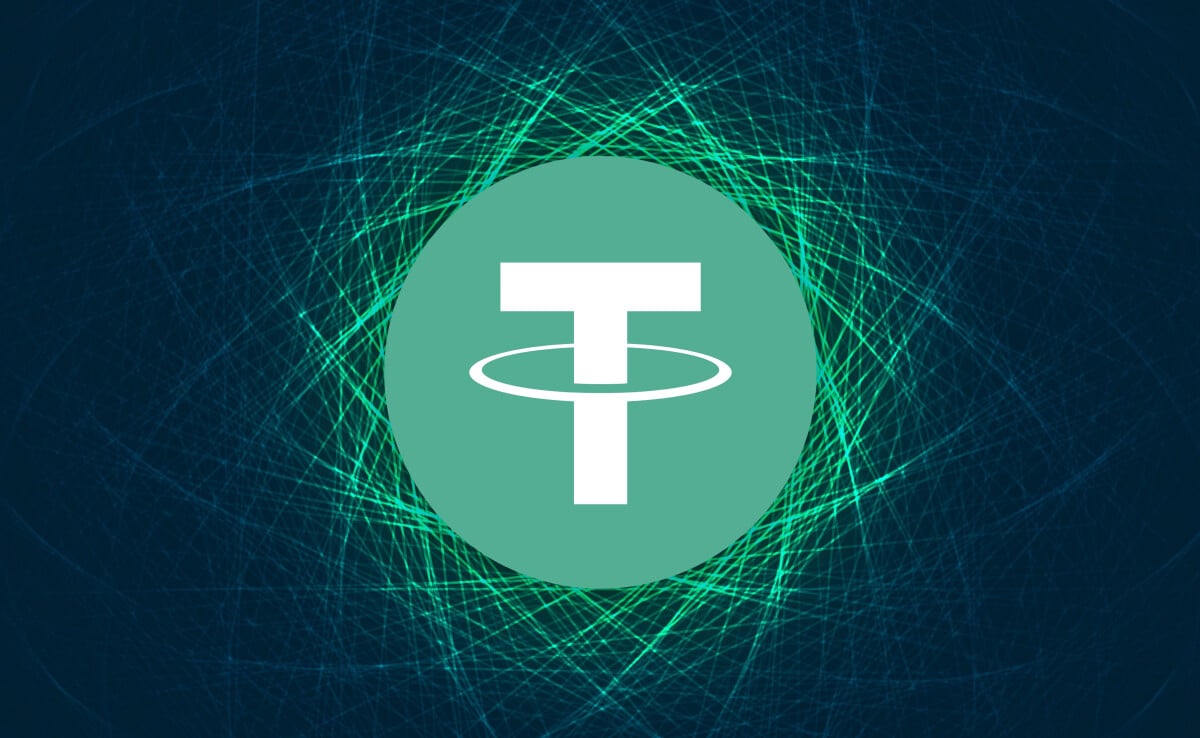U.S. Regulators Can Influence Tether's Offshore Usage: JPMorgan
U.S. Regulators Can Affect Tether’s Offshore Usage: JPMorgan
Tether’s (USDT) dominant place because the largest stablecoin faces regulatory challenges and risks from diversified authorities and jurisdictions as they look for to impose more transparency and compliance on stablecoins.
The stablecoin is susceptible due to the its dependence on the American market and pending regulations. Despite Tether’s headquarters now not being essentially based mostly within the U.S., regulators can exert affect over its offshore usage by the Place of job of International Resources Beget watch over (OFAC), JPMorgan (JPM) mentioned in a be taught document Thursday.
JPMorgan Characterize Highlights U.S. Authorities’ Affect Over Tether and Stablecoin Regulation
In a fresh be taught document issued on Thursday, JPMorgan (JPM) analysts shed gentle on the extent of administration American authorities can exert over Tether, the issuer of the broadly obsolete stablecoin USDT. Despite Tether’s residing as a non-U.S. entity, the Place of job of International Resources Beget watch over (OFAC), a unit of the U.S. Treasury Division, holds sway over its operations, impacting its offshore usage and regulatory compliance.
Analysts led by Nikolaos Panigirtzoglou warned that drawing terminate stablecoin regulations would probably exert “indirect strain” on Tether, lowering its attractiveness relative to stablecoins that tag higher transparency and compliance with unusual regulatory requirements corresponding to Know Your Buyer (KYC) and Anti-Cash Laundering (AML) regulations.
Tether has faced mounting strain to present a enhance to transparency concerning its reserve holdings and has made efforts in direction of publishing steady-time files. However, JPMorgan expressed scepticism, declaring that essentially the most unusual disclosures by the stablecoin issuer had been insufficient to alleviate concerns. This strain would lengthen to decentralized finance (DeFi) platforms, where USDT serves as a first-rate source of collateral and liquidity.
The document highlighted that stablecoin regulations are expected to be coordinated globally by process of the Monetary Balance Board (FSB) all the contrivance by the G20, further restricting the usage of unregulated stablecoins savor Tether.
JPMorgan analysts highlight Tether’s association with Tornado Cash, a privacy enhancement platform on the Ethereum network, as an illustration of OFAC’s affect. Tornado Cash change into sanctioned by OFAC in 2022 for alleged involvement in money laundering actions, prompting Tether’s adherence to regulatory directives.
Tether within the starting place resisted but in some contrivance iced up its stablecoins held in crypto wallets sanctioned by OFAC in December, citing proactive safety measures. The document acknowledged that, whereas comely actions in opposition to offshore entities and decentralized companies are advanced, indirect measures and international cooperation might potentially abate its usage.
Tether CEO Criticizes JPMorgan Comments
Tether CEO Paolo Ardoino spoke back to JPMorgan’s concerns, highlighting the corporate’s proactive measures in accordance with regulatory actions. He argued that such claims had been hypocritical coming from the field’s largest bank, highlighting perceived double requirements within the discourse surrounding market focus.
He suggested that JPMorgan’s apprehensions might stem from jealousy over Tether’s rising dominance within the crypto market, contrasting it with the bank’s regulatory challenges. Ardoino mentioned,
“JPMorgan’s most unusual concerns seem more connected to their jealousy in direction of the evolution of business and cost companies and products, which they’ve been ignoring for a decade, and now they’re upset on memoir of it got a vogue of traction. If I had been them, I’d be more interested in their $39 billion total fines.”
However, the upcoming stablecoin regulations within the U.S. and Europe are expected to impact Tether’s usage, consistent with JPMorgan analysts. The looming regulations tend to diminish Tether’s attractiveness relative to stablecoins with higher transparency and compliance with regulatory requirements, affecting its position within the decentralized finance (DeFi) apartment as effectively.
JPMorgan analysts expressed dissatisfaction with Tether’s most unusual disclosure practices, declaring that they drop looking addressing concerns. They particularly highlighted the shortage of a detailed asset breakdown and independent audits in Tether’s reports.
Moreover, the analysts identified S&P Global’s susceptible ranking for Tether’s ability to retain its peg to the U.S. greenback, citing distinguished mark risks connected with its underlying resources previous U.S. Treasury bills. While Tether reported expansive earnings closing 365 days due to the high interest charges and asset mark appreciation, concerns linger about the steadiness of its peg amidst unsafe market stipulations.
Source : cryptonews.com

